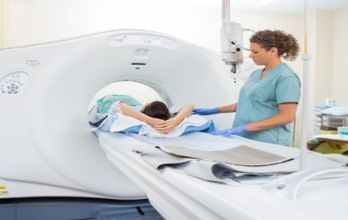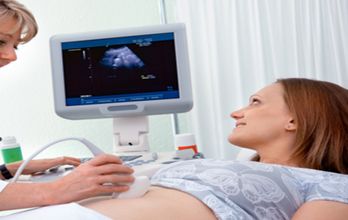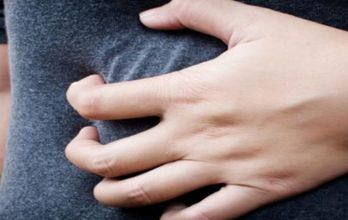Popular Procedures in Bac Ninh
Doctors at DNA testing center - GENOTECH

Not found information
Sorry, we can not find that information
Hospitals and Clinics Nearby DNA testing center - GENOTECH Offering Umbilical Hernia Repair

We Recommend
Worldwide Dental and Cosmetic Surgery Hospital
On request
Languages spoken
English
Vietnamese
Accreditations

We Recommend

We Recommend





